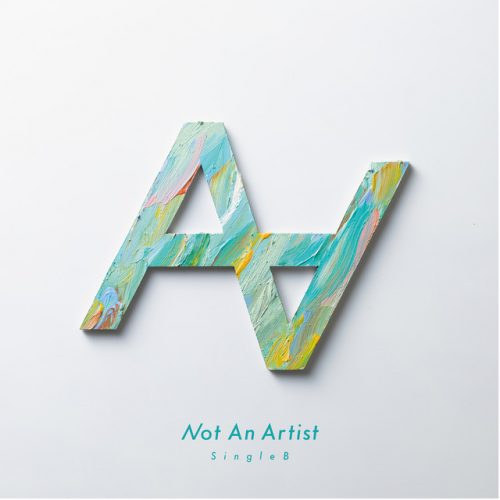When John Gay wrote The Beggar’s Opera in the 1720s, its very title was an oxymoron. Opera was an art form for grand, important subjects, and grand, important people. Gods had operas, epic heroes had operas, royalty had operas. Beggars didn’t have operas, in much the same way that dogs didn’t have operas. After all, what could possibly be so important about a beggar’s life? What on earth would they even sing about?
As it turns out, quite a lot. The Beggar’s Opera is not specifically about beggars (although one serves as its narrator); instead, it’s a tale of the London underclass, filled with crime, sex, and murder. (The Threepenny Opera, the show where “Mack the Knife” comes from, is an adaptation of this story.) There’s a sharp, satiric edge throughout, needling both operatic conventions and the upper class who set those conventions in the first place. Yes, it was about thieves and prostitutes, but it made the case that the audience had more in common with the underclass than they did with gods and kings.
“Beggar’s Opera,” a song by the Japanese musician Yuma Yamaguchi with lyrics and vocals by Tavito Nanao, initially seems quite different in spirit from the work that gave it its name. It’s not vulgar, it’s not outwardly satirical, and it doesn’t involve a literal beggar. But in its depiction of city life, and its sense of empathy, this song is a kindred spirit with its namesake.
“Beggar’s Opera” takes place in a very different time from 18th century London, but it’s just as insightful about what it means to live in a city. Yes, there are great things to experience (love, for instance), but cities can be huge, cold, alienating places. Nanao’s lyrics refer to “dead cities” and crowds with no place to go, and a disconnect with nature seems to be a recurring theme. (The moon “forgets the lunar phase” and languishes in the night sky, and the narrator compares his love to flower petals in a way that emphasizes how few flower petals there must be around them.)
This sense of uncanniness carries over into Yamaguchi’s music. The song opens with close harmonies that, while lovely, seem to glow with the unnatural beauty of neon light. The piano arpeggios and chords are alternately soothing and off-kilter, a lullaby that can only do so much to keep the noise away. And Nanao’s voice is treated with just enough AutoTune to catch the ear, his passionate vocal performance cutting through the processing in a way that reflects a plea for empathy in a world that grows increasingly numb.
But it’s hard to be numb to a chorus that swells like the chorus on “Beggar’s Opera.” As synths rush and tower around him, he cries out, begging for connection: “If I could love without hesitation,” he sings, “the regret of ten billion years will disappear.” It’s a sentiment that can come across as melodramatic, but sometimes melodrama is the only thing that can cut through the cocoon of modernity that encloses us.







